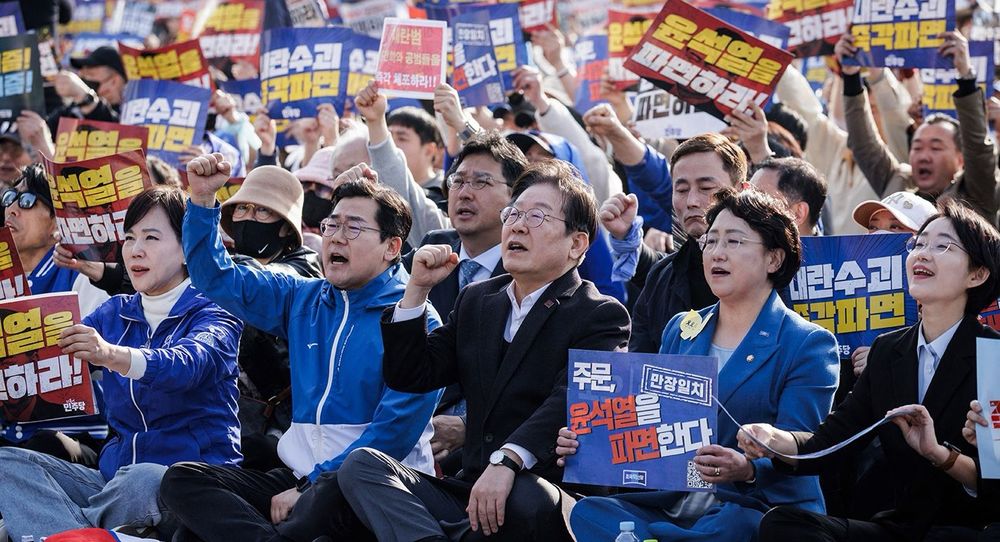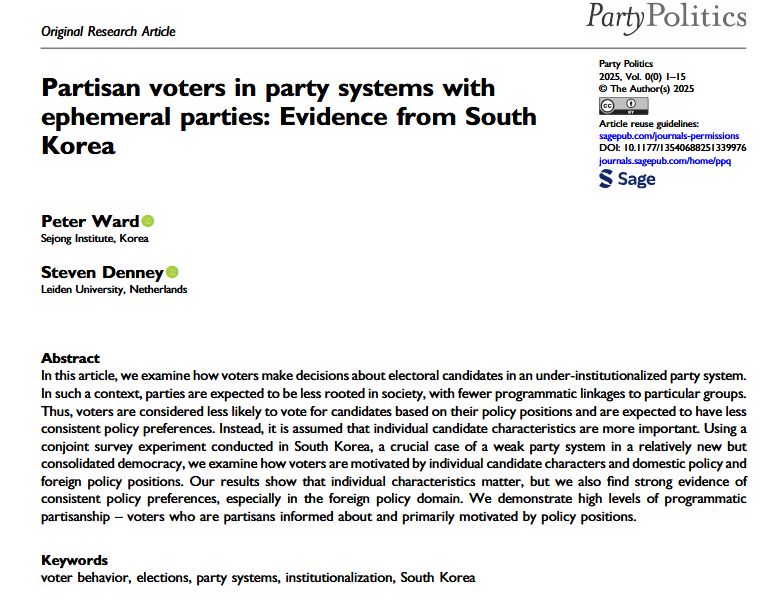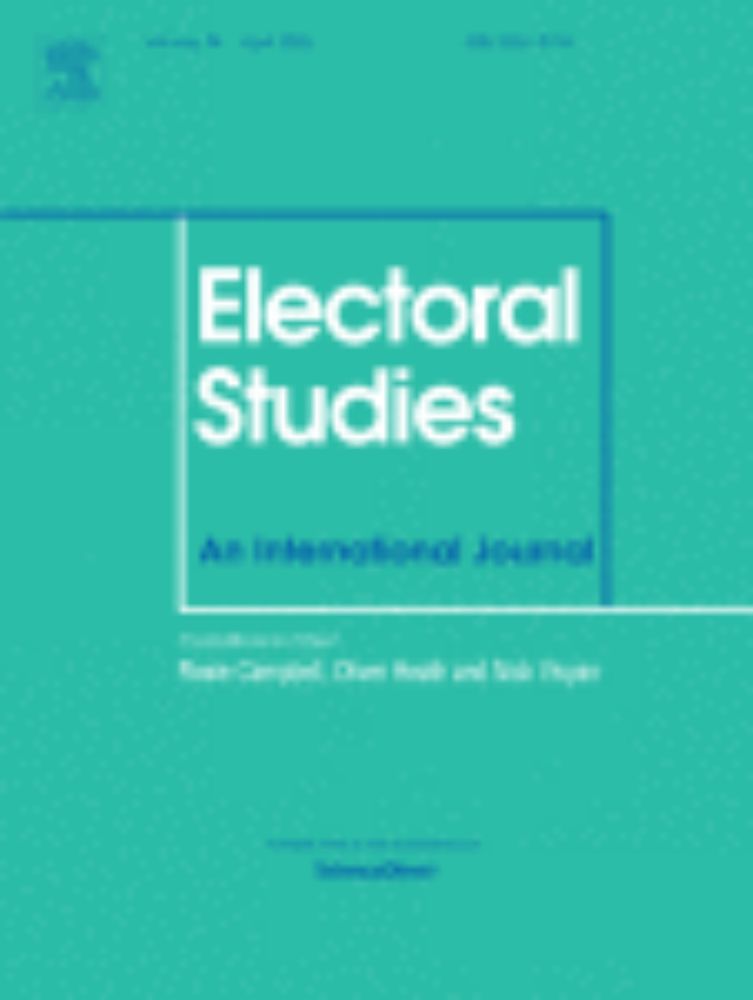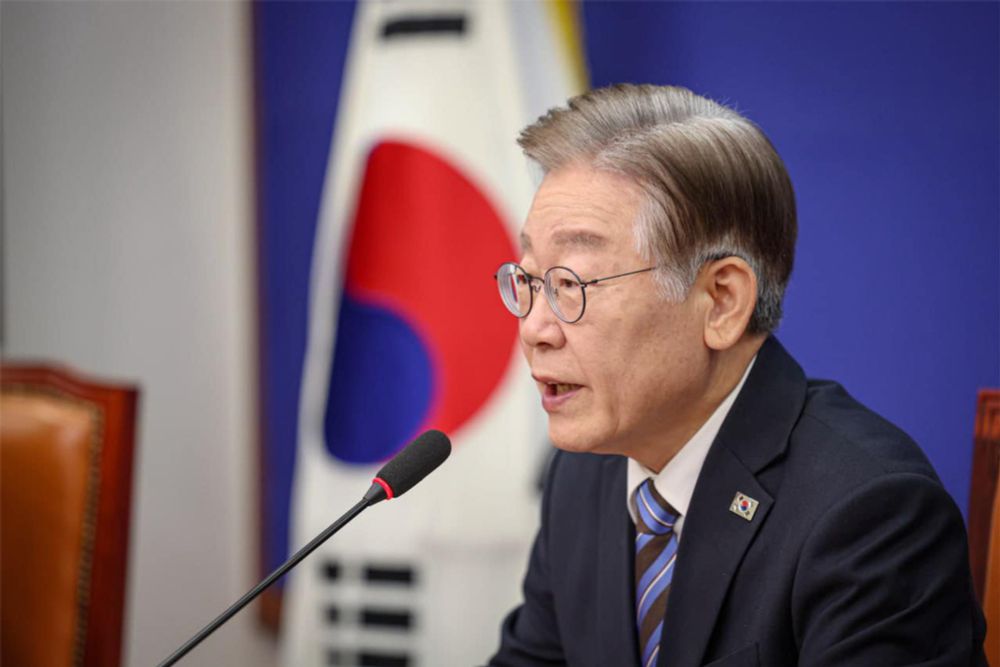Steven Denney
@stevendenney86.bsky.social
3.3K followers
2.3K following
180 posts
🎓 Assistant Professor at Leiden University
📚 Migration & Governance, Nationalism, East Asia & the Koreas
🏠 https://scdenney.net/
Posts
Media
Videos
Starter Packs
Pinned
Reposted by Steven Denney
Reposted by Steven Denney
Reposted by Steven Denney
Reposted by Steven Denney
Will Jennings 🗳️
@drjennings.bsky.social
· Apr 10
Reposted by Steven Denney
Reposted by Steven Denney
Carnegie Endowment
@carnegieendowment.org
· May 30

The Transformation of South Korean Progressive Foreign Policy
The foreign policy orientation of the Democratic Party of Korea (DP)—South Korea’s progressive party—is undergoing a recalibration to a more pragmatic, security-conscious orientation.
carnegieendowment.org
Steven Denney
@stevendenney86.bsky.social
· May 23
GitHub - scdenney/guardianship_asia: Study of support for ideal-typical guardianship political systems in East and Southeast Asia
Study of support for ideal-typical guardianship political systems in East and Southeast Asia - scdenney/guardianship_asia
github.com















